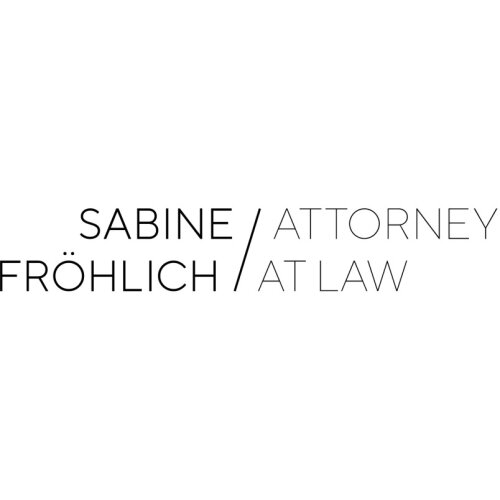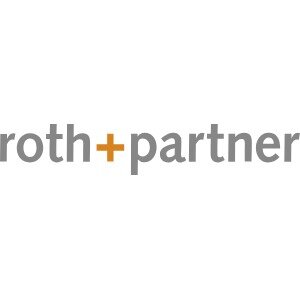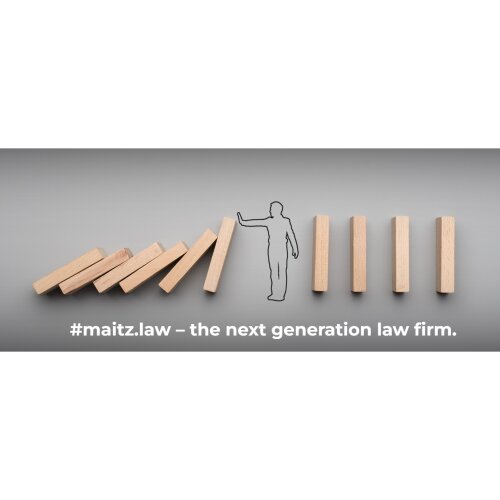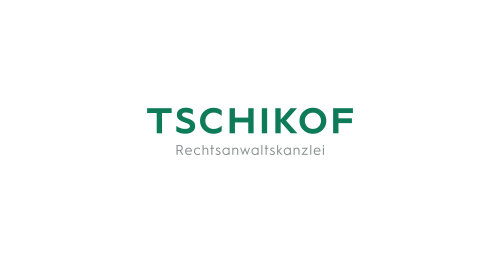Best ADR Mediation & Arbitration Lawyers in Liechtenstein
Share your needs with us, get contacted by law firms.
Free. Takes 2 min.
Or refine your search by selecting a city:
List of the best lawyers in Liechtenstein
Liechtenstein ADR Mediation & Arbitration Legal Questions answered by Lawyers
Browse our 1 legal question about ADR Mediation & Arbitration in Liechtenstein and read the lawyer answers, or ask your own questions for free.
- If a Liechtenstein contract says binding arbitration, can mediation first affect my right to arbitrate later?
- One party wants to pursue mediation before the arbitration required by the contract. I worry that starting mediation could pause or invalidate my right to arbitrate under Liechtenstein law. What are the timelines, costs, and enforceability implications if mediation occurs prior to arbitration?
-
Lawyer answer by Inmann Stelzl & Partner Rechtsanwälte Offene Gesellschaft
Under Liechtenstein law, initiating mediation does not normally pause, waive, or invalidate a party’s right to arbitration. As long as you make clear that participation in mediation is “without prejudice,” your contractual arbitration right remains intact. Mediation itself does not...
Read full answer
About ADR Mediation & Arbitration Law in Liechtenstein:
Alternative Dispute Resolution (ADR) methods, such as mediation and arbitration, are commonly used in Liechtenstein to resolve legal disputes outside of the traditional court system. These processes offer parties a more cost-effective, efficient, and flexible way to settle their disagreements with the help of a neutral third party.
Why You May Need a Lawyer:
You may require legal assistance in ADR Mediation & Arbitration in Liechtenstein if you are facing a complex dispute that requires specialized knowledge and experience to navigate. A lawyer can help you understand your rights, assess your options, negotiate on your behalf, and ensure that your interests are protected throughout the ADR process.
Local Laws Overview:
In Liechtenstein, ADR Mediation & Arbitration is governed by the Law on Mediation and Arbitration, which outlines the procedures, requirements, and standards for resolving disputes through these methods. It is essential to be aware of the local laws and regulations that apply to ADR in Liechtenstein to ensure that your rights are respected and upheld during the process.
Frequently Asked Questions:
1. What is the difference between mediation and arbitration in Liechtenstein?
In mediation, a neutral mediator facilitates negotiations between parties to help them reach a voluntary agreement. In arbitration, an arbitrator acts as a judge and makes a binding decision on the dispute after considering the evidence presented by both parties.
2. Can I enforce an arbitration award in Liechtenstein?
Yes, an arbitration award issued in Liechtenstein can be enforced through the local courts, as Liechtenstein is a signatory to the New York Convention on the Recognition and Enforcement of Foreign Arbitral Awards.
3. How long does a typical mediation or arbitration process take in Liechtenstein?
The duration of ADR proceedings can vary depending on the complexity of the dispute, the parties' willingness to cooperate, and the availability of the mediator or arbitrator. On average, a mediation can be resolved within a few weeks to months, while arbitration may take several months to a year.
4. Are ADR proceedings confidential in Liechtenstein?
Yes, both mediation and arbitration proceedings are usually confidential in Liechtenstein to protect the parties' privacy and encourage open communication during the dispute resolution process.
5. Can I still go to court after participating in mediation or arbitration in Liechtenstein?
If the parties are unable to reach a settlement through mediation, they may choose to pursue litigation in court. In arbitration, the arbitrator's decision is typically final and binding, barring any limited grounds for appeal under the law.
6. How can I find a qualified mediator or arbitrator in Liechtenstein?
You can contact the Liechtenstein Chamber of Commerce or other accredited ADR institutions in Liechtenstein to obtain recommendations for reputable and experienced mediators and arbitrators who specialize in various fields and industries.
7. What are the costs associated with ADR in Liechtenstein?
The costs of ADR in Liechtenstein can vary depending on the complexity of the dispute, the length of the proceedings, the fees charged by the mediator or arbitrator, and any administrative expenses. It is essential to discuss the cost structure upfront and clarify payment terms with all parties involved.
8. Is ADR suitable for all types of disputes in Liechtenstein?
While ADR methods can effectively resolve many types of disputes, certain cases involving criminal matters, public law issues, or matters that require urgent injunctive relief may not be suitable for mediation or arbitration in Liechtenstein.
9. Can I represent myself in ADR proceedings in Liechtenstein?
While you are technically allowed to represent yourself in ADR proceedings in Liechtenstein, it is highly recommended to seek legal counsel to ensure that your rights are protected, and you have a fair chance of achieving a favorable outcome in the dispute resolution process.
10. How can I enforce a mediated settlement agreement in Liechtenstein?
Once the parties have reached a settlement through mediation, they can draft a legally binding settlement agreement that outlines the terms and conditions of their resolution. If any party breaches the agreement, the other party can seek enforcement through the local courts in Liechtenstein.
Additional Resources:
For more information on ADR Mediation & Arbitration in Liechtenstein, you can contact the Liechtenstein Chamber of Commerce, the Liechtenstein Bar Association, or the Liechtenstein Institute of Professional Mediators and Arbitrators for guidance and support in resolving your legal disputes through alternative means.
Next Steps:
If you require legal assistance in ADR Mediation & Arbitration in Liechtenstein, it is advisable to consult with a qualified lawyer who specializes in ADR law to assess your case, explore your options, and guide you through the dispute resolution process. Be sure to gather all relevant documents, evidence, and information to present to your legal counsel for a thorough evaluation of your situation.
Lawzana helps you find the best lawyers and law firms in Liechtenstein through a curated and pre-screened list of qualified legal professionals. Our platform offers rankings and detailed profiles of attorneys and law firms, allowing you to compare based on practice areas, including ADR Mediation & Arbitration , experience, and client feedback.
Each profile includes a description of the firm's areas of practice, client reviews, team members and partners, year of establishment, spoken languages, office locations, contact information, social media presence, and any published articles or resources. Most firms on our platform speak English and are experienced in both local and international legal matters.
Get a quote from top-rated law firms in Liechtenstein — quickly, securely, and without unnecessary hassle.
Disclaimer:
The information provided on this page is for general informational purposes only and does not constitute legal advice. While we strive to ensure the accuracy and relevance of the content, legal information may change over time, and interpretations of the law can vary. You should always consult with a qualified legal professional for advice specific to your situation.
We disclaim all liability for actions taken or not taken based on the content of this page. If you believe any information is incorrect or outdated, please contact us, and we will review and update it where appropriate.
Browse adr mediation & arbitration law firms by city in Liechtenstein
Refine your search by selecting a city.














